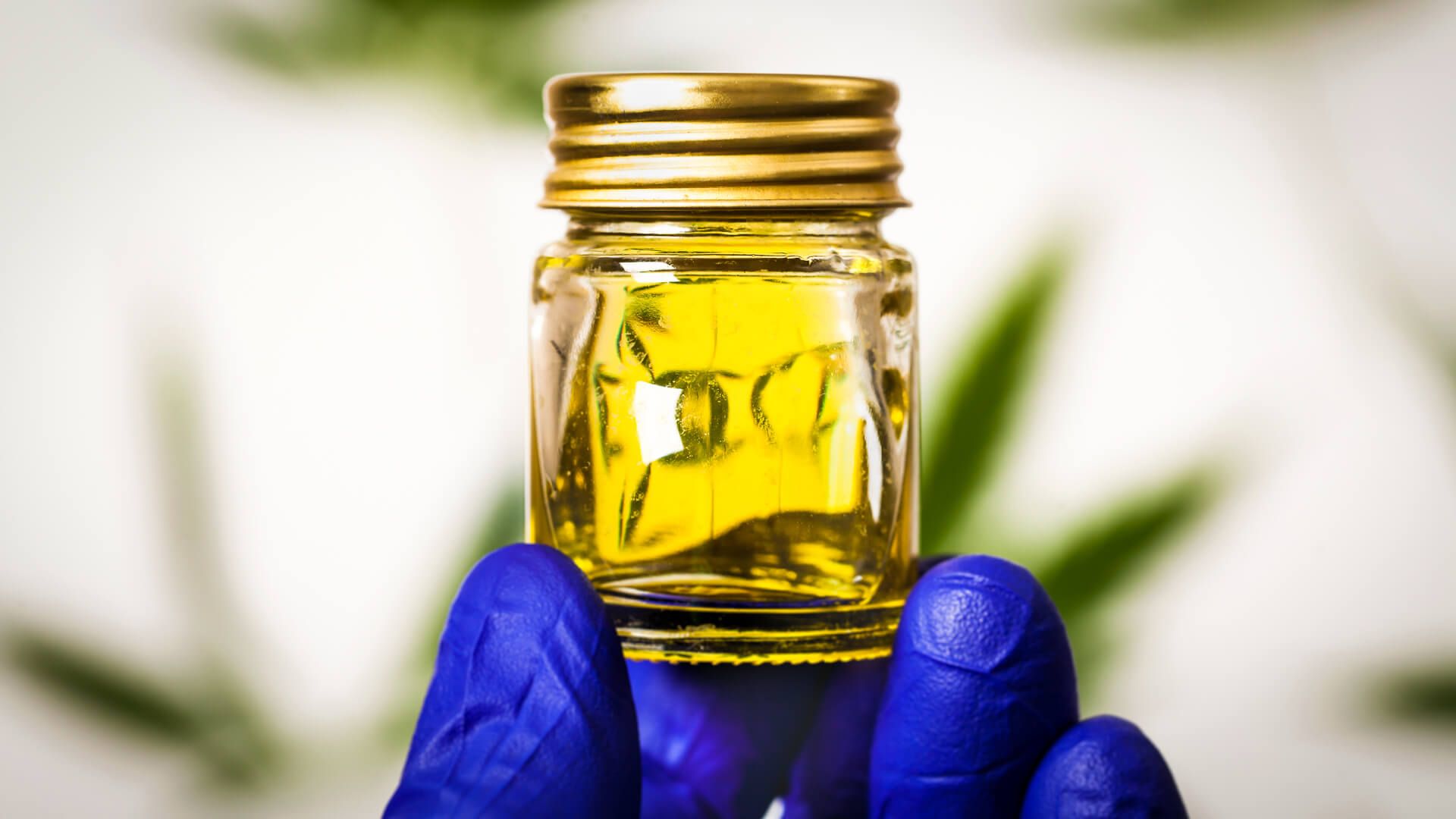
Cannabis could be a new weapon in the fight against the Wuhan coronavirus (COVID-19), researchers say. A new study by scientists at the University of Lethbridge in Alberta looked at 400 cannabis strains and focused on about a dozen that showed promise in preventing the virus from ‘hijacking’ our cells. They say extracts of cannabidiol (CBD), the main non-psychoactive component of pot – helped lower the number of cell receptors available for coronavirus to attach to by more than 70 percent.
Even though the clinical tries are still needed to confirm the results, these findings are extremely promising. “There’s a lot of documented information about cannabis in cancer, cannabis in inflammation, anxiety, obesity and whatnot. It would be cheaper for people and have a lot less side-effects.” said Dr. Igor Kovalchuk, who co-authored the study alongside his wife, Dr. Olga Kovalchuck, and a team of other researchers from Lethbridge.
The Kovalchuks’ have been working with cannabis since 2015, using varieties from around the world to create new hybrids and develop extracts that demonstrate certain therapeutic properties.
CBD reduces available ACE2 receptors for the virus to “hijack”
For the study, published in pre-peer review server Preprints, the researchers partnered with cannabis therapy research company Pathway Rx — of which Igor Kovalchuck is the CEO — and cannabinoid-based research company Swysh.
The team created 3D tissue models with human oral, mucociliary and intestinal tissues and tested them with different samples of high CBD extracts. The extracts were low in tetrahydrocannabinol (THC), the main psychoactive ingredient in marijuana.
With this setup, the researchers then observed the effect that the extracts had on angiotensin-converting enzyme 2 (ACE2), the receptor that the virus uses to enter human cells.
The results of the researchers’ tests demonstrated that the extracts helped reduce the number of these receptors that the coronavirus could use to “hijack” host cells. 
“A number of them have reduced the number of [ACE2] receptors by 73 percent, the chance of it getting in is much lower,” stated Igor.
And he added “If they can reduce the number of receptors, there’s much less chance of getting infected.”
In addition to ACE2, the researchers also looked into other receptors such as transmembrane serine protease 2 (TMPRSS2), which allows the virus to invade cells more easily and multiply quickly.
“Imagine a cell being a large building,” explained Kovalchuk to CTV News. “Cannabinoids decrease the number of doors in the building by, say, 70 percent, so it means the level of entry will be restricted. So, therefore, you have more chance to fight it.”
Clinical trials are a natural next step
The researchers are now actively pursuing clinical trials. They stressed that their data is already based on human tissue models, so these trials are a natural next step.
They also highlight the importance of exploring every therapeutic option when it comes to fighting the coronavirus.
“Given the current dire and rapidly developing epidemiological situation, every possible therapeutic opportunity and avenue needs to be considered.”
Sources include:










